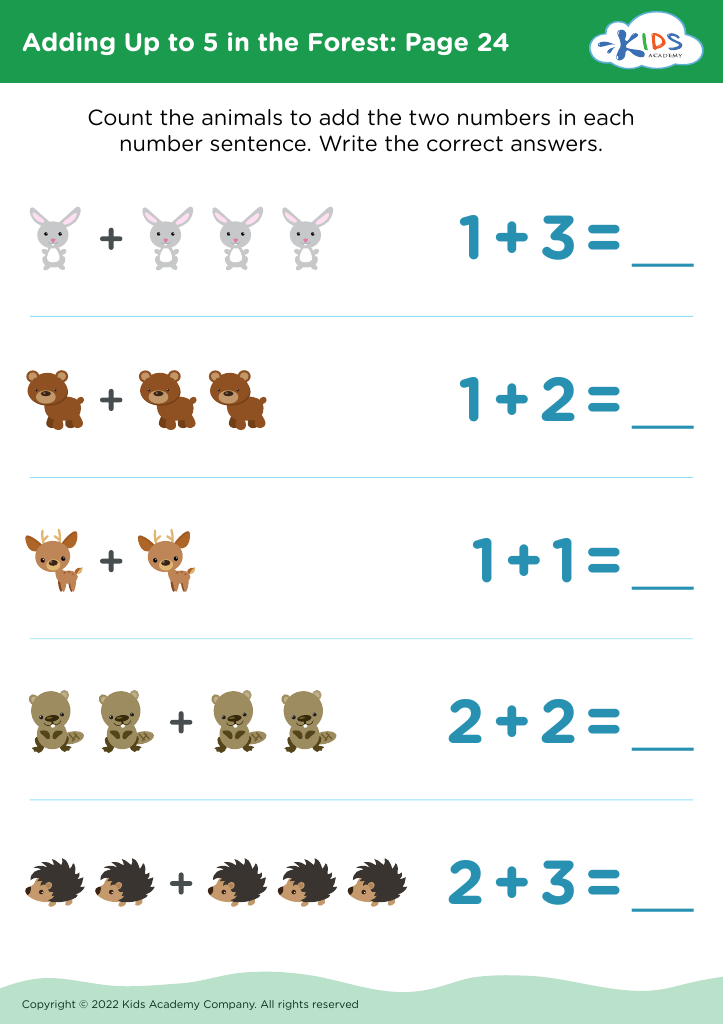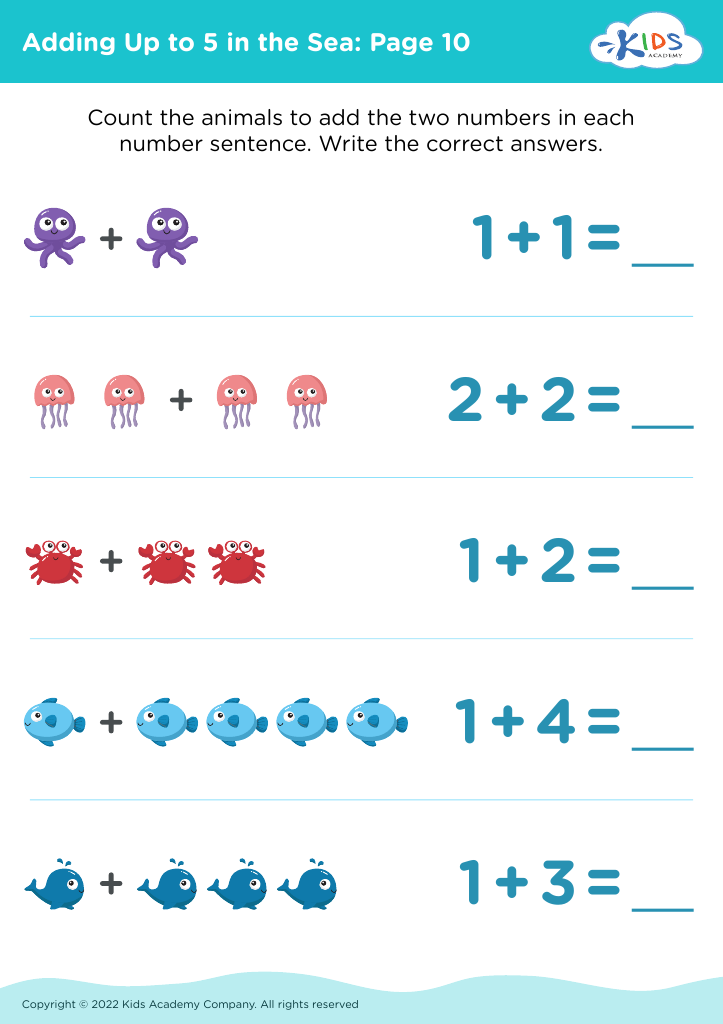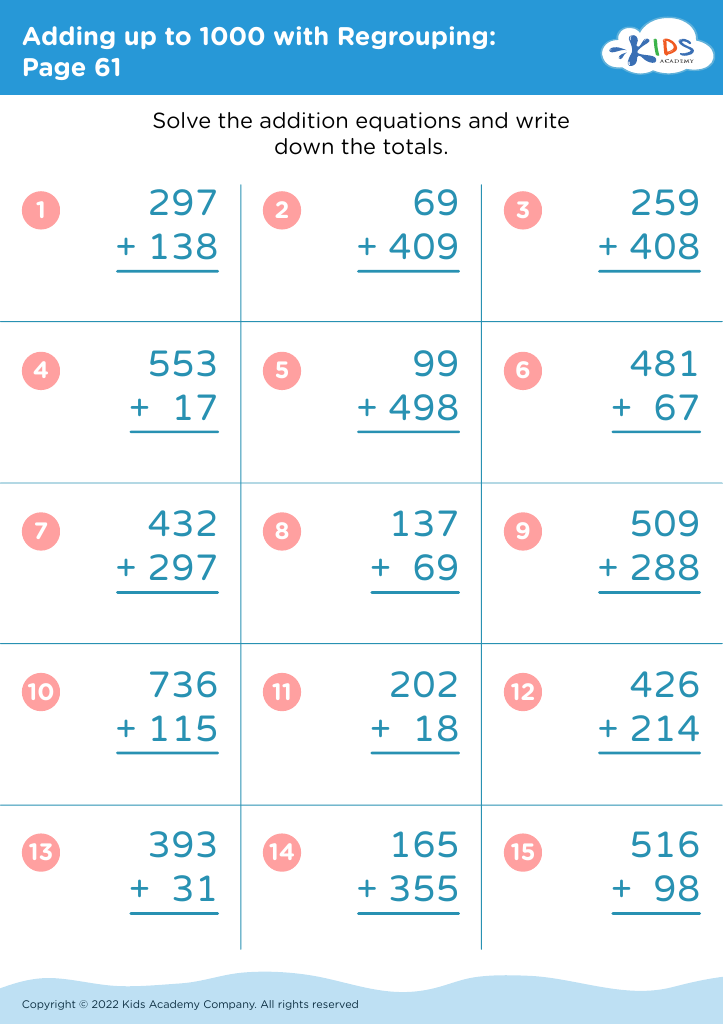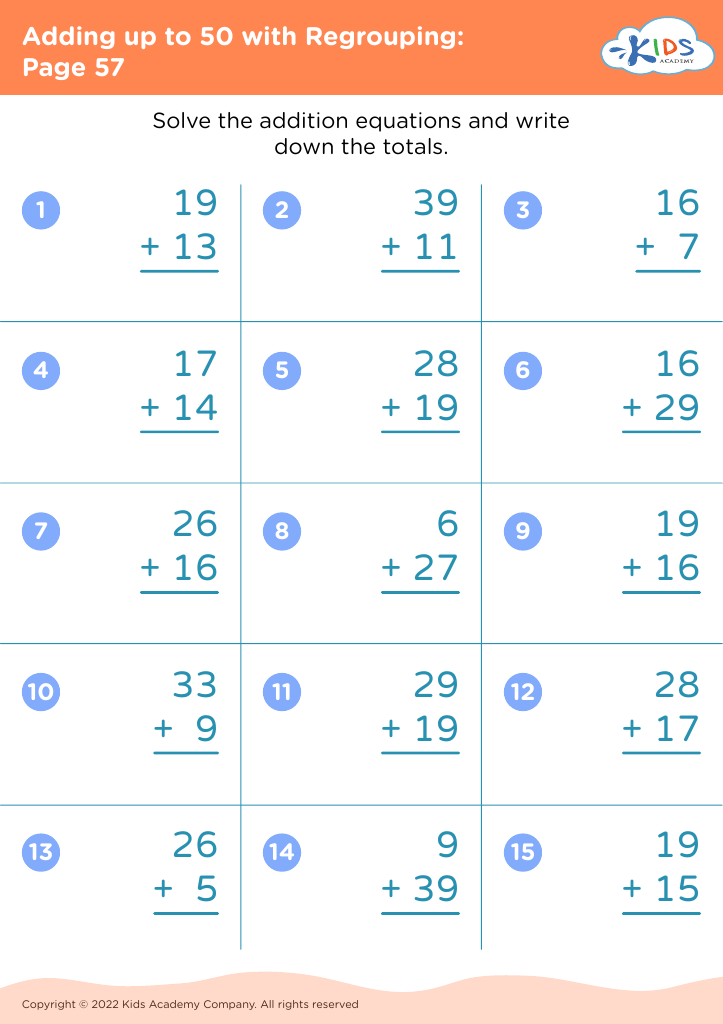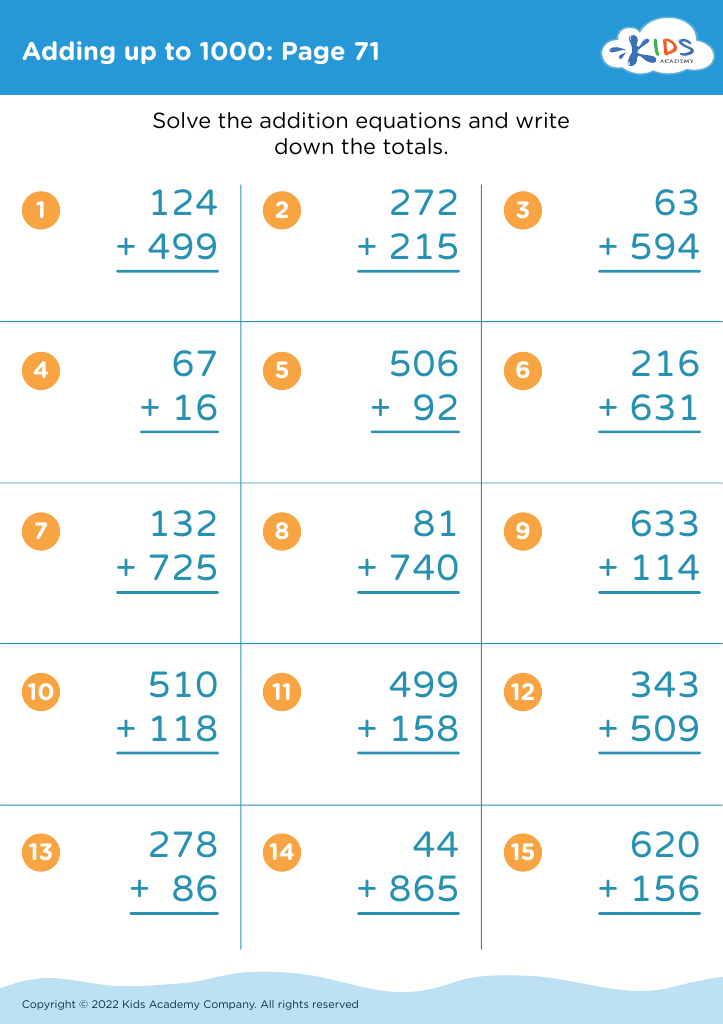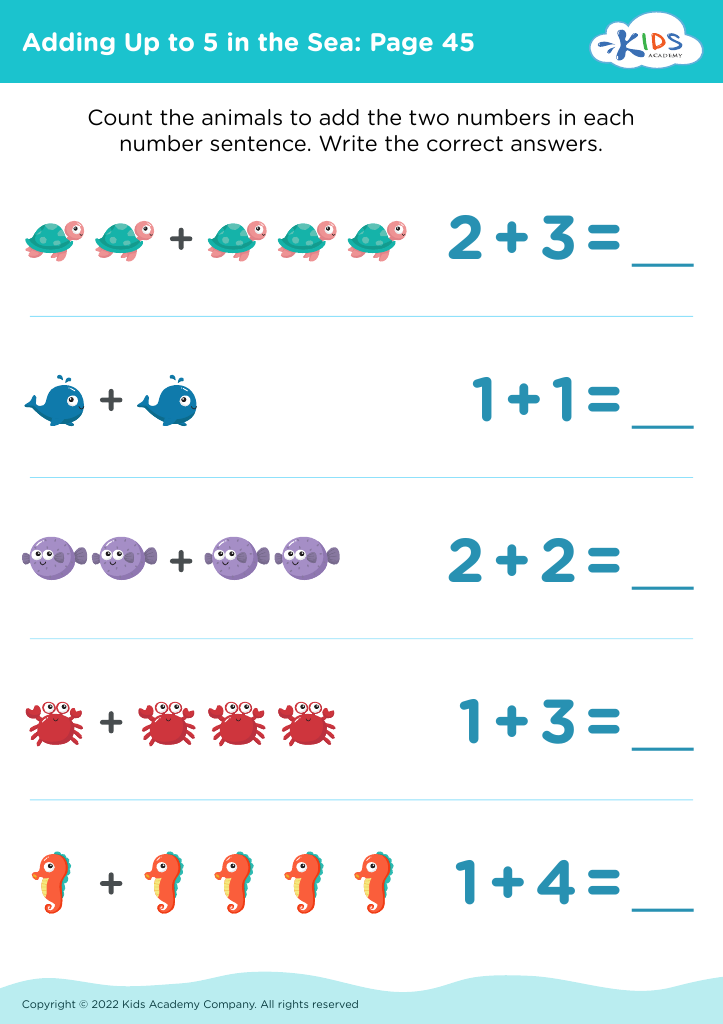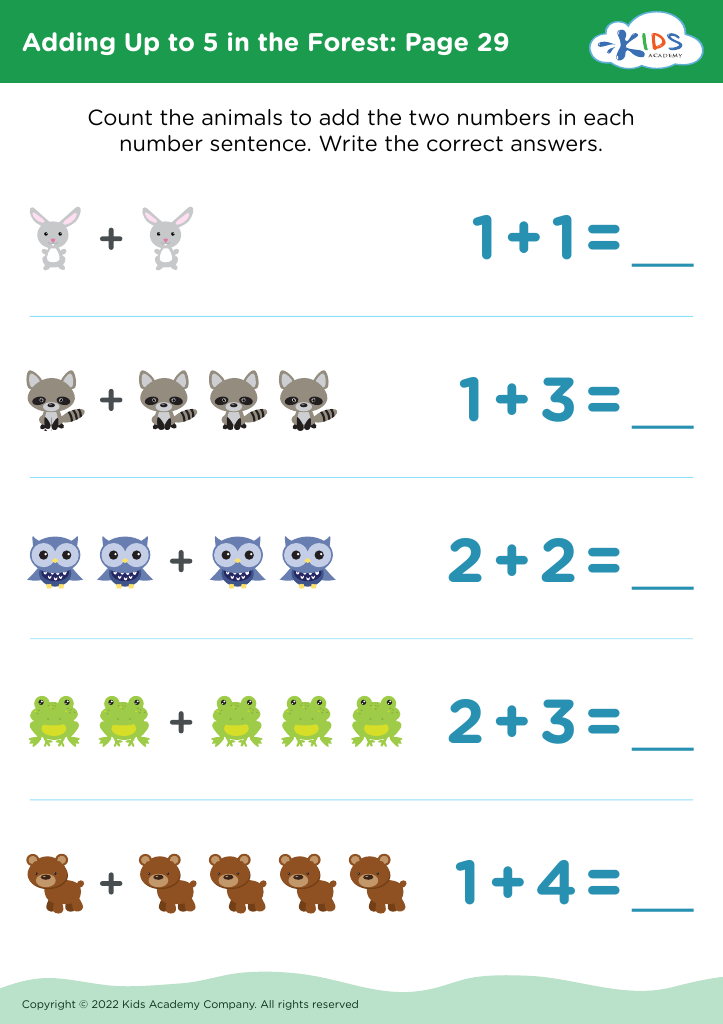Problem-solving abilities Math Worksheets for Ages 3-7 - Page 2
55 filtered results
-
From - To
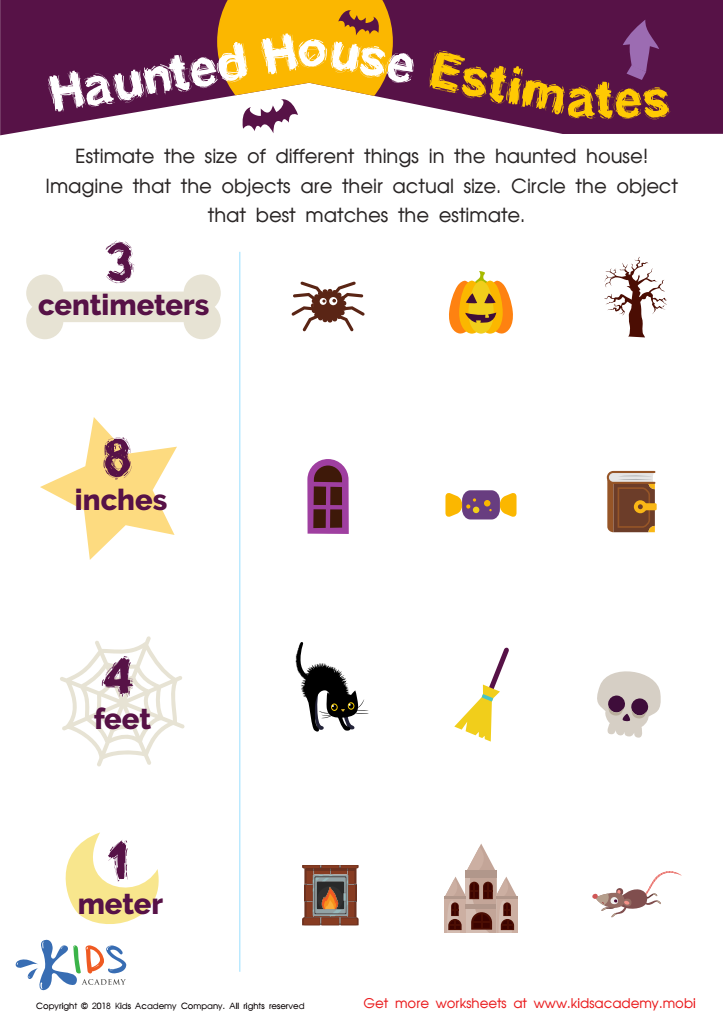

Haunted House Estimates Worksheet
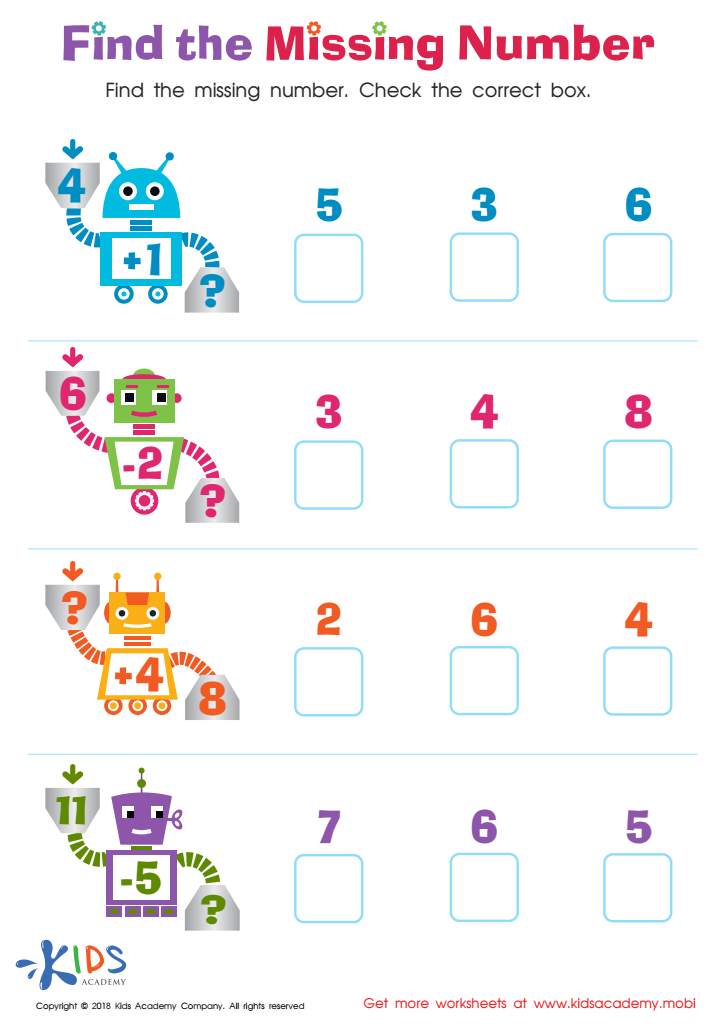

Find the Missing Number Worksheet
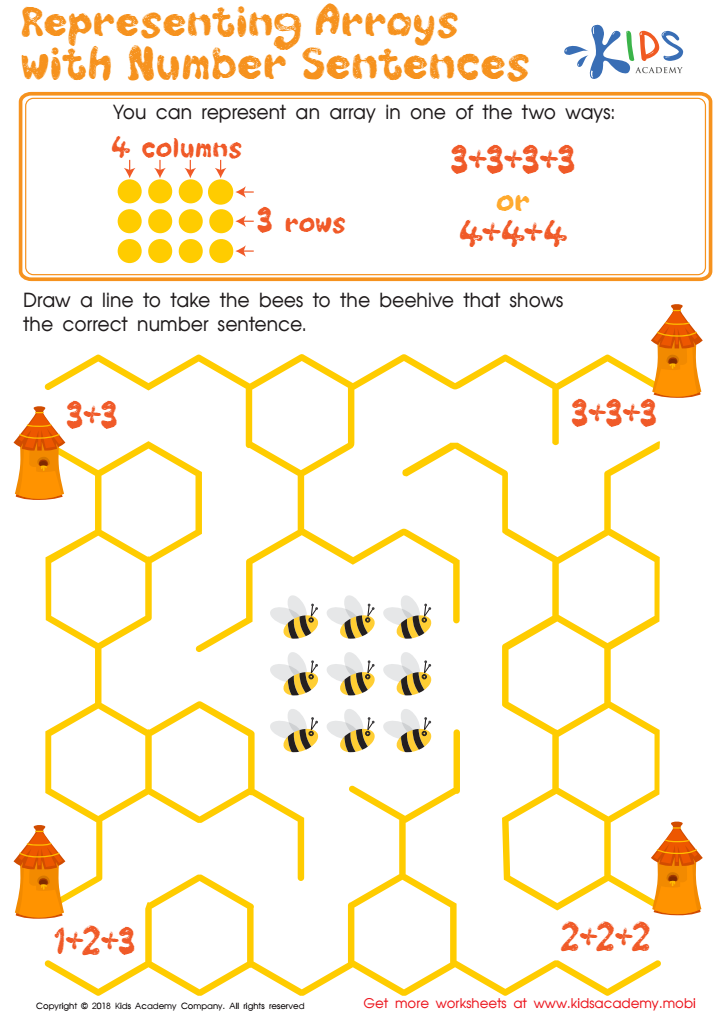

Representing Arrays with Number Sentences Worksheet
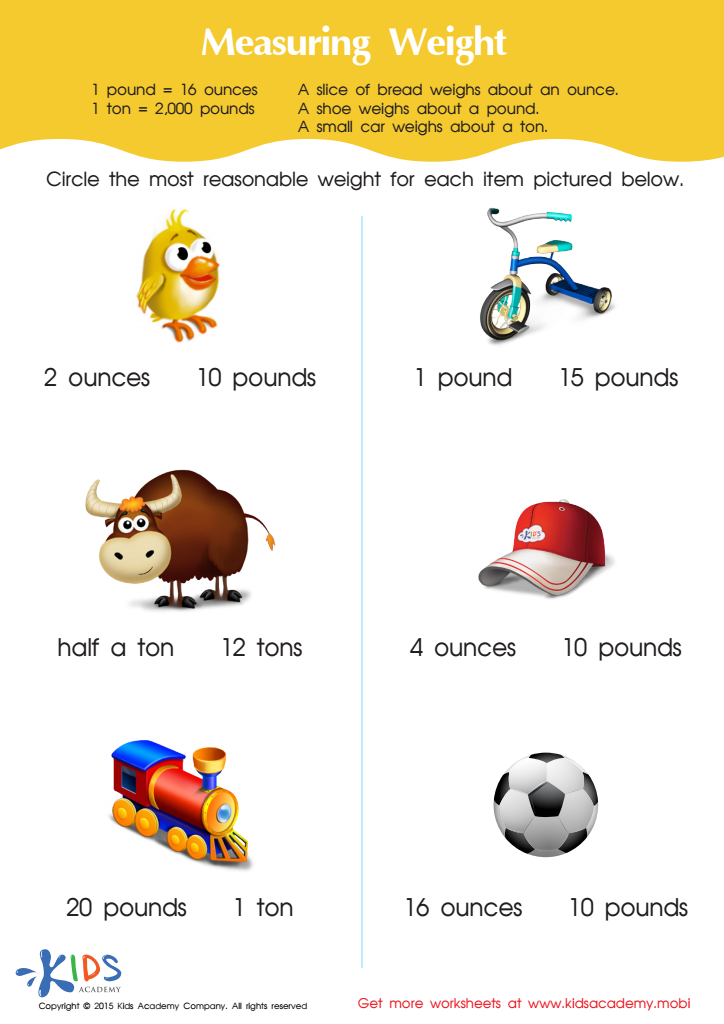

Measuring Weight in Ounces, Pounds and Tons (Part 2) Worksheet
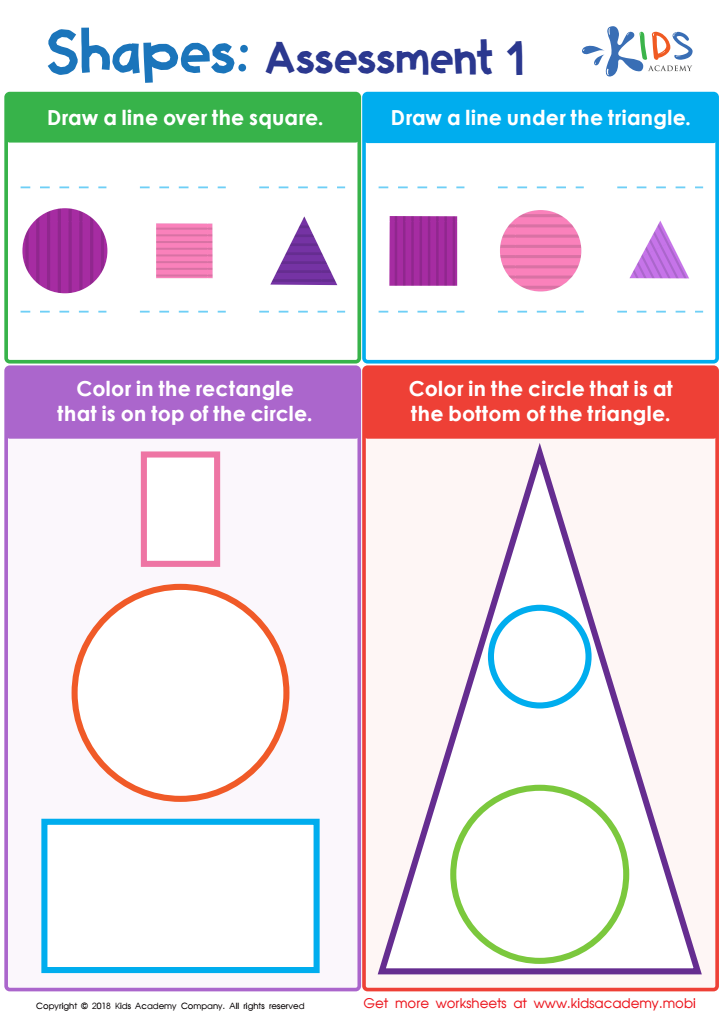

Shapes: Assessment 1 Worksheet
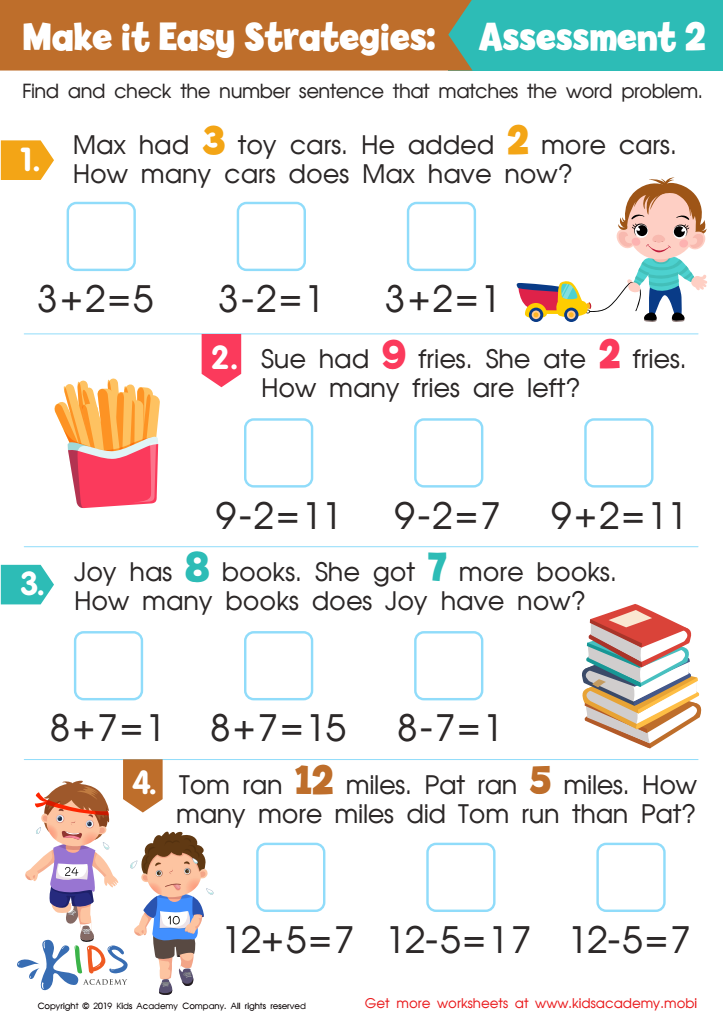

Make it Easy Strategies: Assessment 2 Worksheet
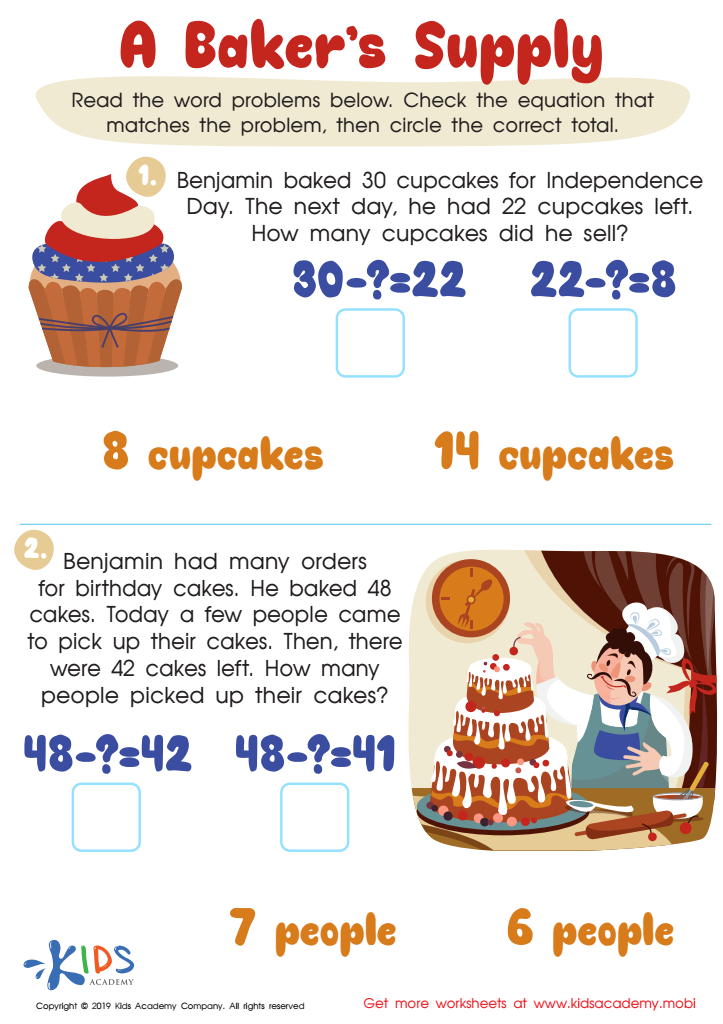

A Baker's Supply Worksheet
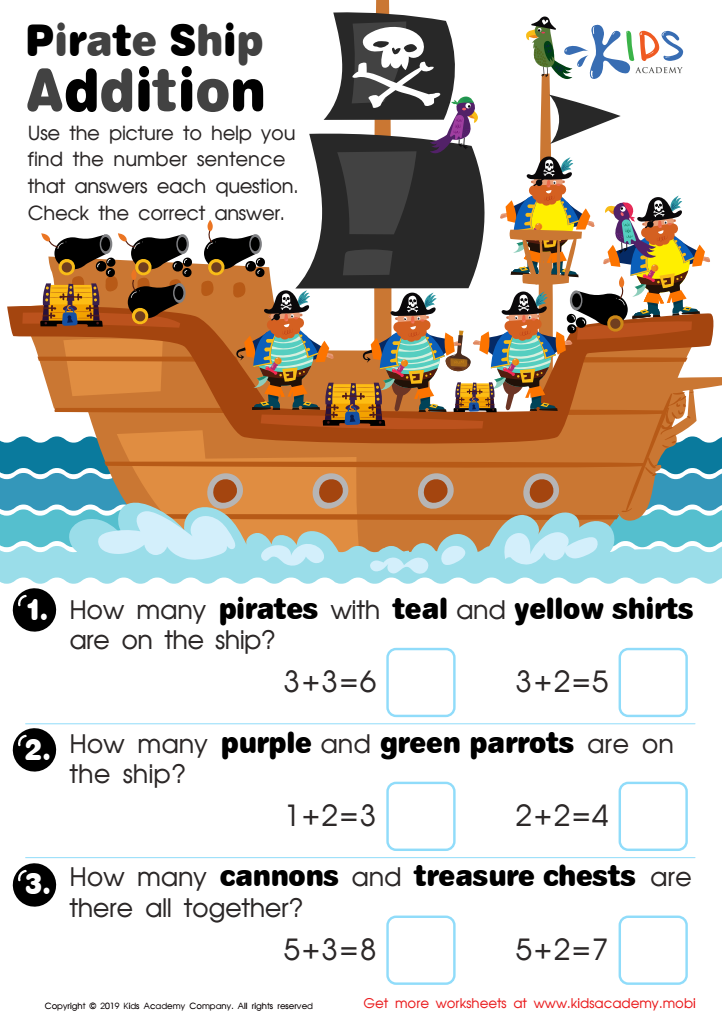

Pirate Ship Addition Worksheet
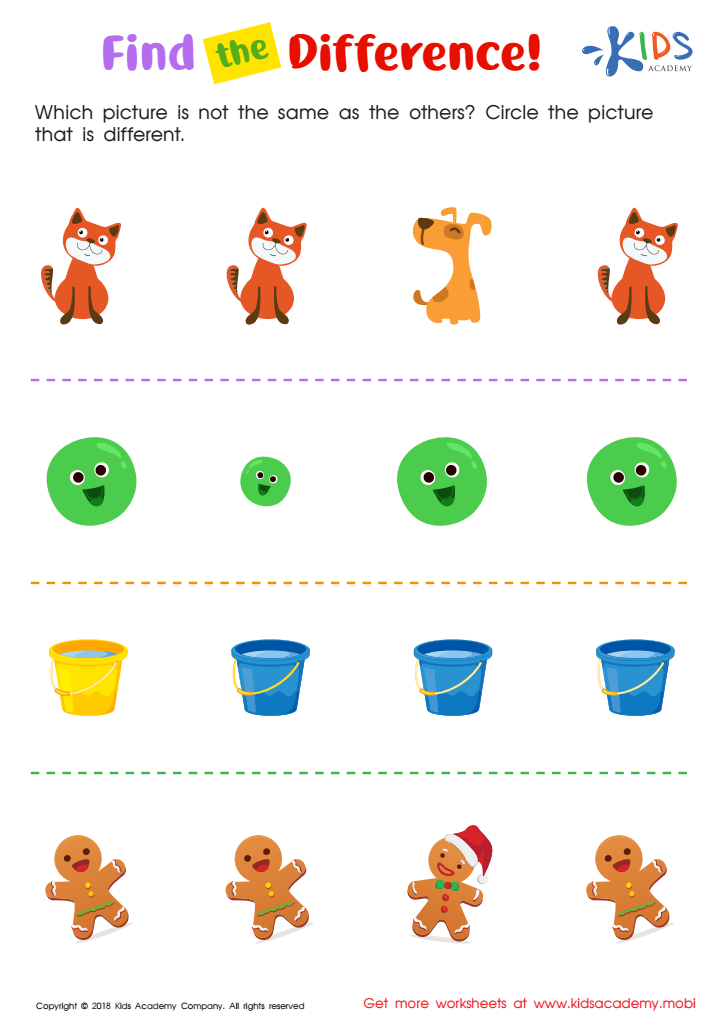

Find the Difference Worksheet
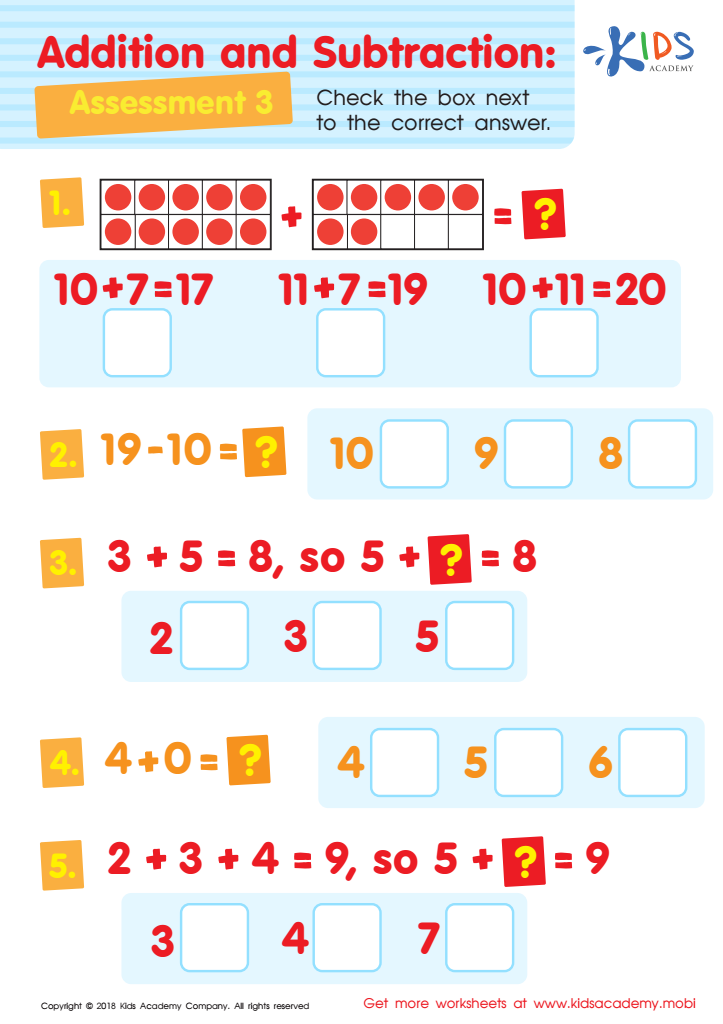

Addition and Subtraction Assessment 3 Worksheet


Sweet Shop – Counting Coins Worksheet
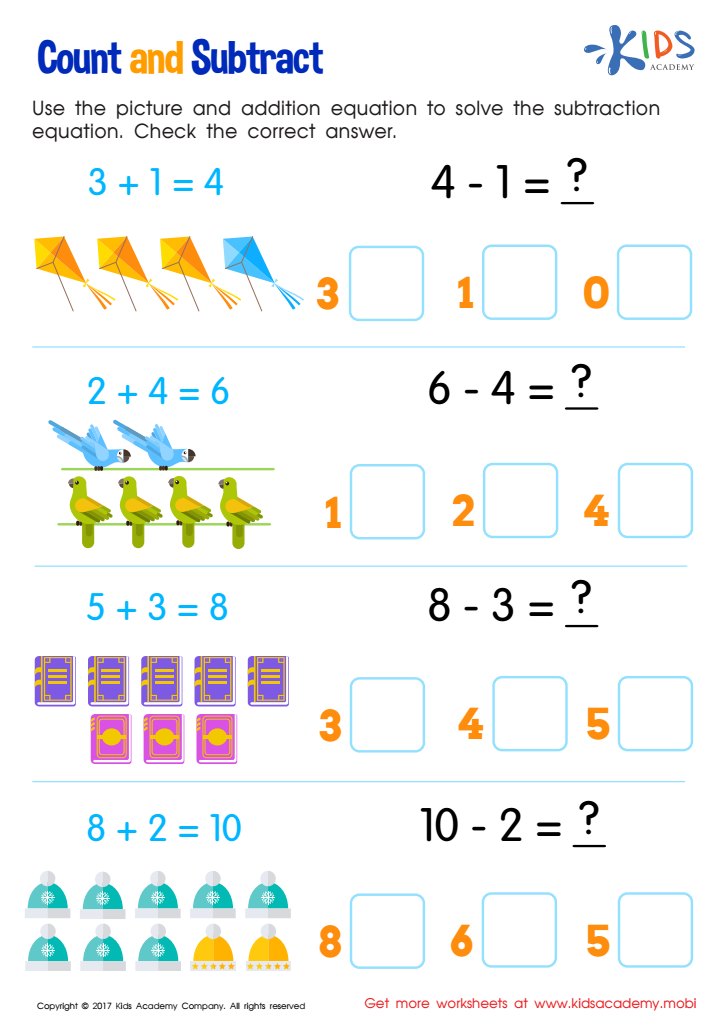

Count and Subtract Worksheet
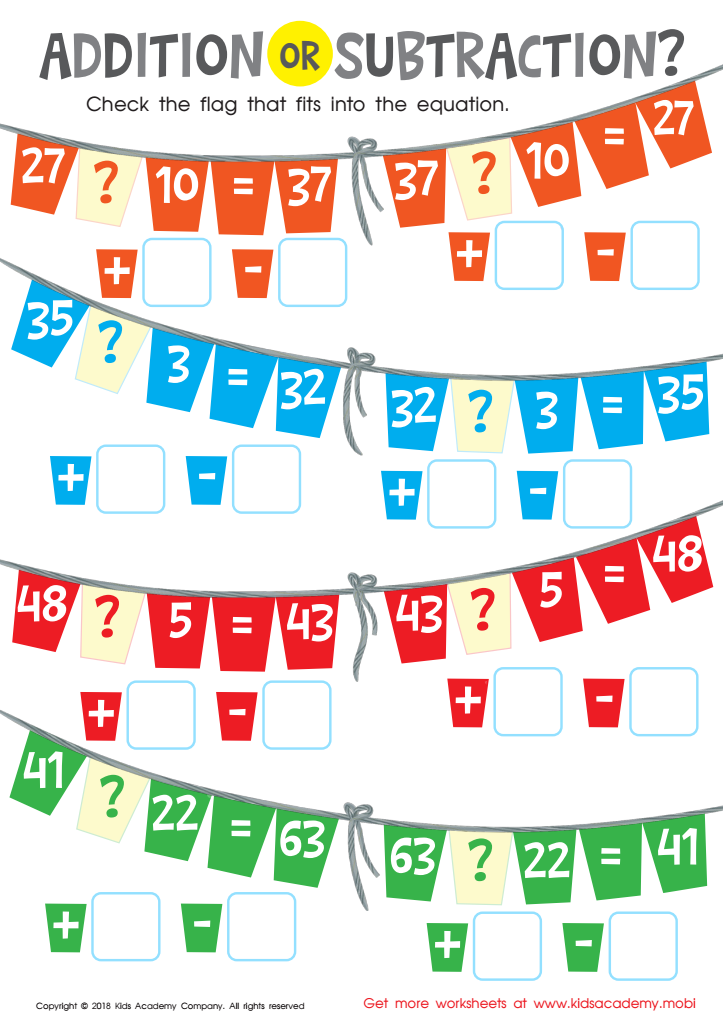

Addition or Subtraction? Worksheet
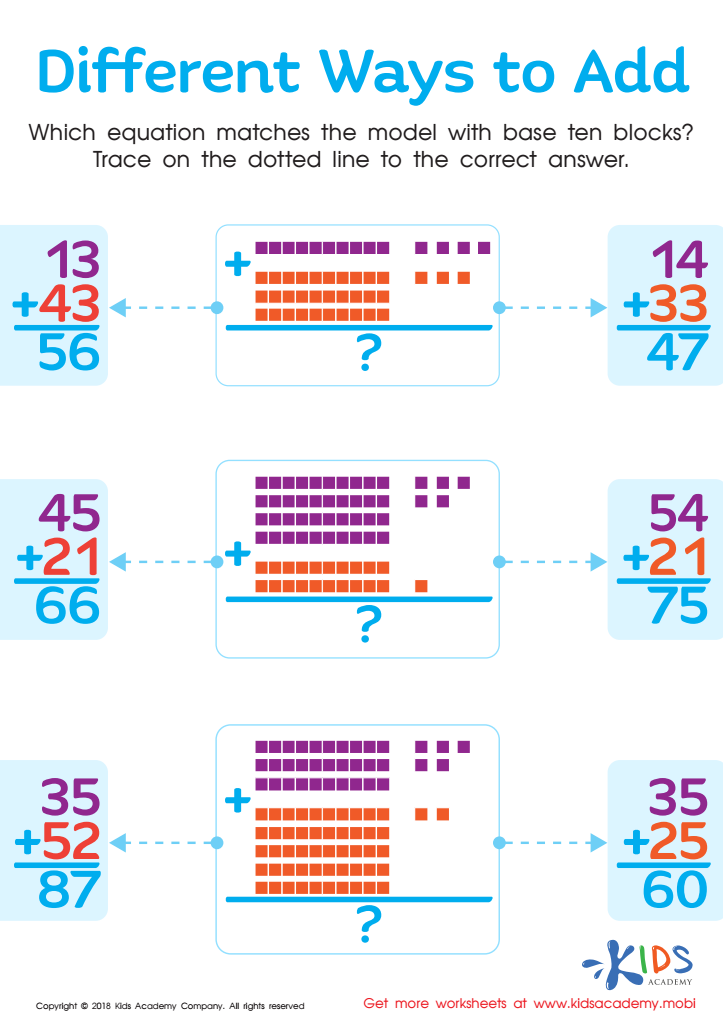

Different Ways to Add Worksheet
Problem-solving abilities in math for children ages 3-7 are crucial for several reasons. Firstly, this is a foundational stage in a child’s cognitive development. Engaging in mathematical problem-solving helps young learners develop critical thinking skills. They learn to analyze situations, identify patterns, and explore different strategies to arrive at a solution.
Additionally, early math problem-solving cultivates persistence and resilience. As children encounter challenges, they learn the value of sticking with a task and finding alternate approaches, fostering a growth mindset. This persistence is not just valuable in mathematics, but it translates to various life scenarios, laying the groundwork for future learning.
Moreover, strong problem-solving skills correlate with better overall academic performance. Mathematics is often a gateway subject, influencing confidence and competence in later schooling. Parents and teachers who prioritize these skills can help empower children with the tools necessary for success in all subjects.
Finally, instilling a love and understanding of mathematics at an early age develops a positive attitude towards the subject. Engaging in problem-solving activities sparks curiosity and joy in learning, shaping well-rounded individuals who see challenges as opportunities rather than obstacles. Thus, nurturing these skills in early childhood is essential for balanced development and lifelong learning.
 Assign to My Students
Assign to My Students
